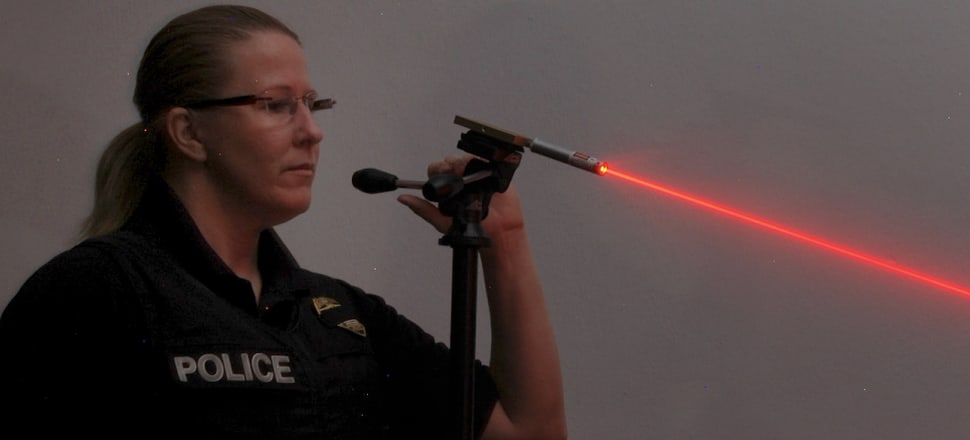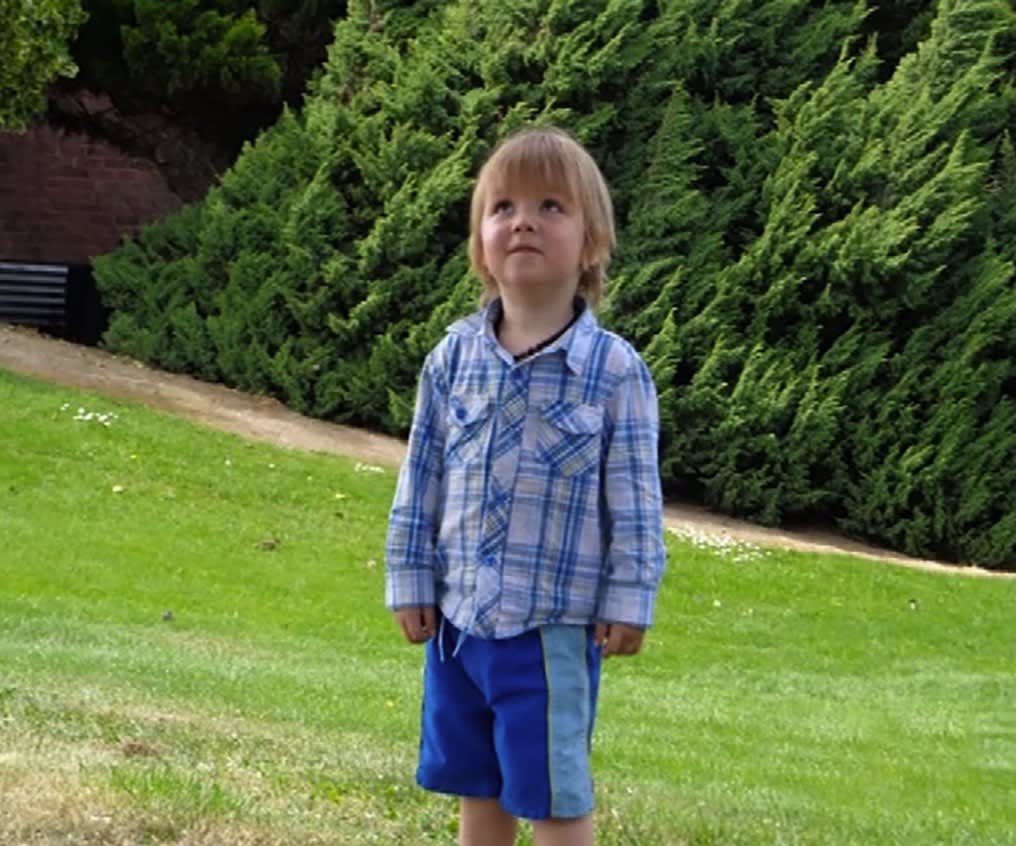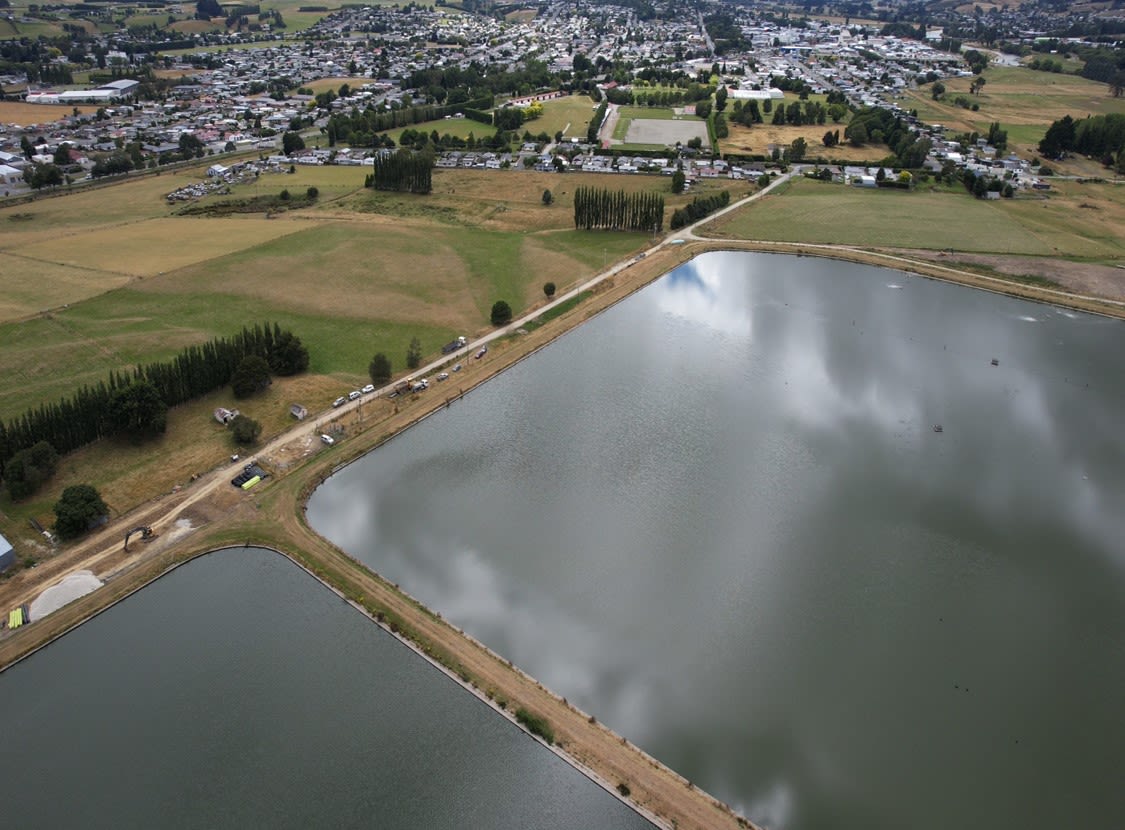
A US detective comes out swinging against an NZ investigation into the death of a young boy in Gore.
Karen Smith, a retired American crime scene investigator, has spent more than 400 hours investigating the death of Gore toddler Lachie Jones and says the police investigation into his death was an “across the board system failure".
In an interview from her home in the United States, Smith explains why she is working on the case pro bono after being contacted by a friend from New Zealand.
“I have seen a lot of really bad police investigations in my time. I’ve made mistakes of my own, so I’m not perfect. But the lack of effort, the lack of circumspection, the lack of taking the information and going ‘maybe we got this wrong, maybe we need to look in a different direction’. I think it’s pathetic.
Smith is talking about the initial police investigation into the death of the three-year-old boy, whose body was found face-up in a sewage oxidation pond in the Southland town of Gore on a hot night in January 2019.
Police determined it a death by accident, no suspicious circumstances, and closed the case, concluding Lachie had walked more than a kilometre from his mother’s house in his hi-viz vest, climbed over a fence and traipsed across long prickly grass to the end of the second of two large ponds before falling in and drowning.
Newsroom Investigates has covered his mysterious death for more than three years, including two video investigations and a gripping new podcast series.

Days after our first in-depth story into Lachie’s death was published, police reopened the case, headed by a Dunedin detective inspector. More than a year later, in November 2021, police closed that reinvestigation, releasing a short statement to say the matter had concluded and been referred back to the coroner.
Lachie’s father, Paul Jones, was told by police at the time there wasn’t the evidence to hold anyone culpable in relation to Lachie’s death.
Unhappy with the lack of detailed answers to questions over Lachie’s death, Jones and his team of supporters have turned to Smith, who they describe as a ‘big gun’.
Watch our video above to see former forensic detective Karen Smith detail the succession of shortcomings into the investigation into Lachie’s death.
Smith is highly critical of the way police came to a quick conclusion. She says they did not use the police dog at the scene to do a wide cast of the area where Lachie was found, did not conduct witness statements properly or in a timely manner, and that Lachie’s body was not sent to the right pathologist for the post mortem examination.
“Why was this not treated as a homicide until proven otherwise from the start? That is something you learn in crime scene 101.”

Bringing in the ‘big gun’
Smith’s credentials are long. Currently a lecturer at the University of Florida for the graduate forensic program, she has more than 500 death investigations under her belt from her years as a detective in Jacksonville, Florida, before taking up a role as a training consultant for the National Forensic Academy.
Smith became involved in the Lachie Jones case after a close friend in New Zealand contacted her and asked her if she could look into it.
“When I see a case like this where there are so many unanswered questions, and you have a three-year-old little boy who was found deceased in a sewage pond, and nobody knows how he got there, and nobody knows what happened - it’s what we would call a baby case. You don’t quit a baby case. You do everything that you can in your power to find the truth, to find the answers. That’s why I’m here. I have a wealth of experience to bring to Lachie’s case.”
Smith is now acting as Paul Jones’ nominated representative and is making submissions on Jones’ behalf to the coroner, pro bono.
“I don’t need the money. So to take my skills and gifts I’ve been given and pay it forward, is how I look at it.”
Since taking on the case less than a year ago she has spent hundreds of hours analysing the two police investigations, talking to new witnesses police never interviewed, poring over every piece of information, consulting dozens of other relevant professionals and creating hundreds of pages of detailed analysis. She is scathing of the police case.
“It wasn’t what I would call a thorough investigation. It wasn’t an investigation at all. It was an immediate conclusion. You have to be unbiased. You have to go in with an open mind. I don’t think that that happened in this case.”
Smith tells Newsroom she thinks there were two forms of bias that crept into the investigation into Lachie’s death – anchoring bias and confirmation bias.
“Anchoring bias is when that first piece of information drives the rest of it without any consideration of other alternatives. Confirmation bias is when every single piece of evidence or information you find you slam that square peg into the round hole and try to make it fit into your initial thought. So I think both of those types of bias really pushed this case, to the detriment of anything to the alternative. And that is a huge problem in any investigation.”
Lachie’s case is now sitting with Auckland based coroner, Alexander Ho. His job is to make a finding about Lachie’s cause of death, but he can also call for another investigation or an inquest - a formal court hearing into the death. Auckland barrister Simon Mount KC has also been appointed as counsel assisting the coronial inquiry.
The police have submitted their reinvestigation - and Karen Smith her forensic analysis - to Coroner Ho.
Karen Smith, Paul Jones and his team of supporters are hoping the coroner will order a formal inquest, but in the meantime Smith continues to look for answers.
“I work for the victim. I work for the court. And I work for the truth. Those are the three things I work for. I’m not going to quit. Nobody with authority gave enough of a shit to find out what really happened. Well, I’m going to. Come hell or high water, I’m going to find out what happened to that little boy.”
Listen to the extended interview on our chart-topping podcast, The Boy in the Water.
The American Detective is also edited by Paul Enticott, music by Age Pryor and co-produced by Judith Curran. If you want to get in touch with Melanie or the team, please email melanie.reid@newsroom.co.nz or send us a confidential message on Instagram or Facebook @MelanieReidInvestigates








